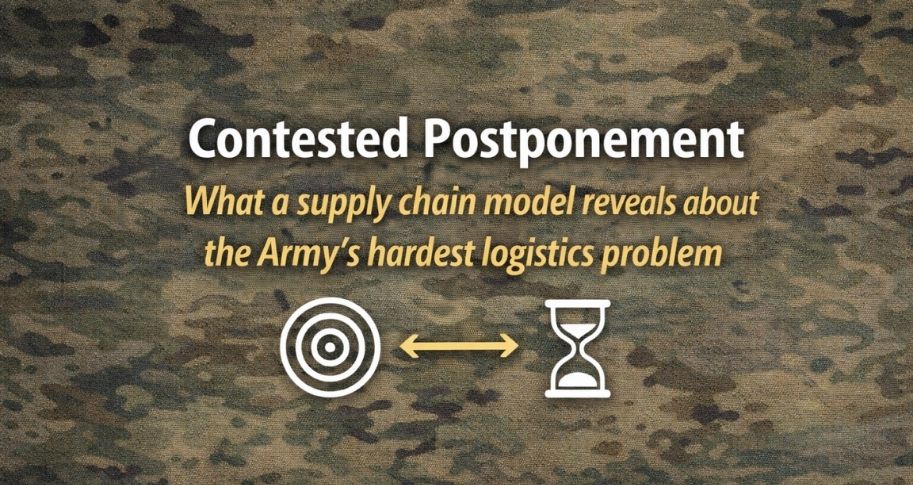
The Supply Chain Management Research Center at the Walton College of Business leads a multi-university research initiative aimed at advancing our understanding of the way public policy affects supply chains worldwide. SCMRC research affiliate Travis Tokar and his co-author Morgan Swink, both of Texas Christian University’s Neeley School of Business, recently published an article in the Journal of Supply Chain Management encouraging supply chain researchers to consider the unique intersection with public policy as an area of study. In “Public Policy and Supply Chain Management: Using Shared Foundational Principles to Improve Formulation, Implementation, and Evaluation,” Tokar and Swink contend that supply chain management researchers are uniquely positioned to contribute to various policy debates thanks to their understanding of factors including interdependencies, unintended long-term consequences, and the difference between actual and expected behavior.
Policy issues such as American tariffs on Chinese products, Britain’s planned exit from the European Union, and the regulation of driverless cars are poised to influence or disrupt supply chain management around the world. Tokar and Swink suggest that SCM researchers can shape the discourse over these and many other key issues. However, they find that researchers are overlooking many opportunities to contribute to policy debates. For instance, they cite an online search for published articles on “Brexit” that yielded nearly 17,000 articles. When they added “supply chain” to that search and limited it to scholarly peer-reviewed journals, they found 16 articles. None of those articles were published in journals typically associated with supply chain management research. Given the clear supply chain implications surrounding Britain’s exit from the European Union, SCM researchers’ remoteness from the debate surrounding that process is noteworthy. And perhaps unfortunate, depending on Brexit’s ultimate outcome and consequences.
In addition to opportunities for SCM researchers to contribute to policy discussions concerning new laws and regulations, Tokar and Swink also see opportunities when policy debate turns toward deregulation. One example they cite is the Jones Act of 1920. The Act requires goods being carried between U.S. ports to be carried on American-built ships that are owned by Americans and crewed by either U.S. citizens or permanent residents. A century after its creation, the Jones Act faces many calls for repeal. Some of the opposition to the Act stems from its creators’ inability to think like supply chain management researchers and foresee its unintended long-term consequences. When American shipping demand rises, shipping rates are unnecessarily inflated since a limited number of ships are qualified to carry goods under the Jones Act. Studies suggest that billions of dollars are unnecessarily lost every year because of the Act. The growing deregulation debate surrounding the Jones Act is just one example of many in which SCM researchers are uniquely qualified to shape public policy.
SCM researchers would not need to drastically alter their focus or methodologies in order to impact these debates. Tokar and Swink maintain that a researcher can contribute much by simply considering the policy implications of their current research and covering them in a dedicated “Managerial and Policy Implications” section of their manuscript. However, for those interested in going further and designing new policy-oriented research, the authors offer several intriguing potential research questions to consider. While some of those questions concern expected policy areas like Economics and Finance, others would see SCM researchers impacting policy debates in surprising fields like the Arts and Education. For instance, they suggest that researchers could examine school curriculums and identify areas where the introduction of supply chain management concepts could add value to students’ education. Learn more in Volume 55 of the Journal of Supply Chain Management.







